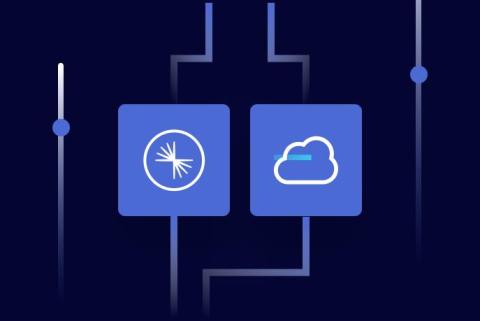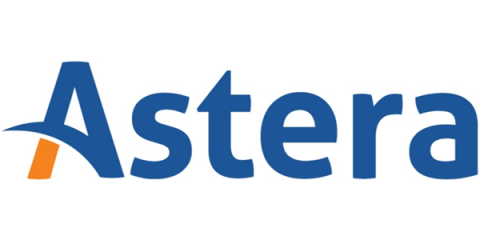Forecast Performance | Databox 101 | Chapter 4.2
How many deals will you close next month? How many website sessions will you get? How many impressions will your social channels get? When you don’t know what your performance will be, it’s hard to set realistic goals, craft plans, or have the right team in place. Databox Forecasts helps you predict future performance so you can make more accurate plans now. In this video, you’ll learn: Bookmark this tab AND share the series with your entire company/team! Databox empowers everyone - leaders, managers, and individual contributors alike.











